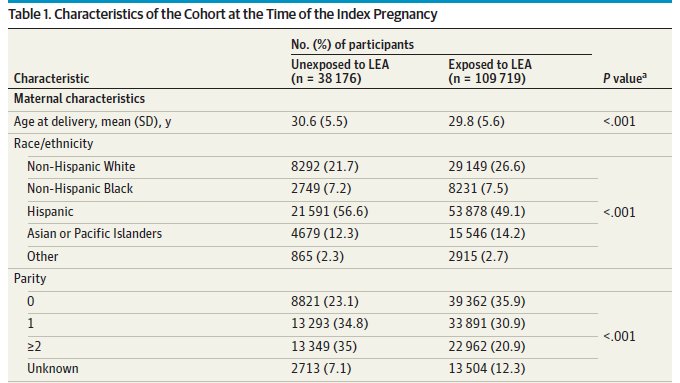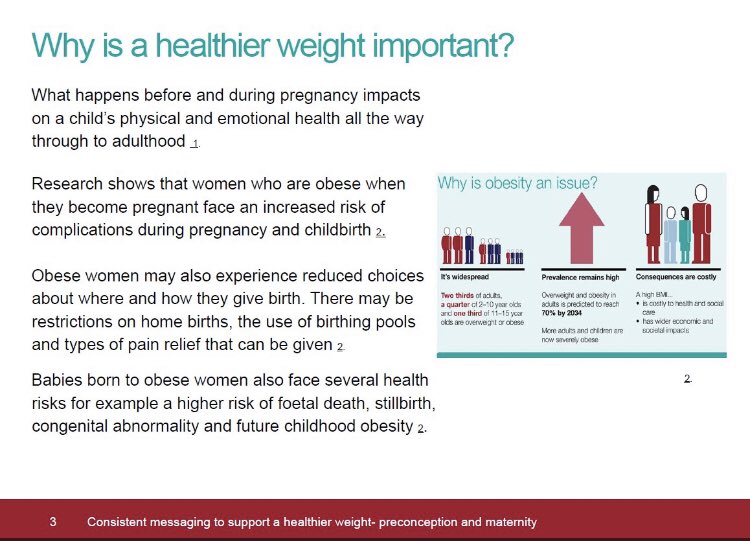
There is nothing in this study – nothing – to support claims that #epidurals increase the risk of #autism in offspring. Let’s take a closer look at what the authors have actually found... jamanetwork.com/journals/jamap… @JAMAPediatrics
/THREAD
/THREAD
The authors analysed data from electronic medical records & compared rates of #autism #ASD diagnosis between women who’d had epidurals vs. those who hadn’t.
They found that epidurals were associated with a “37% increased risk of ASD” – which sounds scary. But the actual risk was very similar in both groups: between 1-2%.
Moreover, there are plenty of reasons this association could have occurred. It doesn’t necessarily mean epidurals are the cause. The two groups were different in lots of ways – as you can see from a quick glance at Table 1: 

Some of the differences between the two groups were accounted for, but some were not. No paternal factors were considered for example, nor maternal history of #ASD, genetic predisposition to #ASD, infection, environmental influences and exposures, etc… the list goes on and on.
The next problem is the authors do not explain the association with a plausible causal mechanism. They state: “Potential mechanisms showing an association between LEA and risk of ASD are largely unknown and require further studies.”
So we have an association which could be explained in countless ways, and no plausible causal mechanism.
So why did they investigate this in the first place? The authors here justify their investigation by referencing a previous paper – a systematic review that found an *association* (not causation) between C-sections and ASD incidence.
But wait! We at the @WRISK_project have already looked at that C-section review for our forthcoming study of media headlines. When it was published, it prompted a wave of caveats from experts, who stressed that no causal relationship had been found: sciencemediacentre.org/expert-reactio…
Even the review’s main author was keen to emphasise the same thing when she spoke to the press about her findings: “It would be wrong to demonize C-sections. C-sections should continue to be used when medically necessary”.
Returning to the new study about epidurals, exactly the same principle applies. An association has been found, but the study contains no evidence whatsoever that epidurals can cause ASD.
That’s why five US medical bodies have written a statement responding to the paper: newswise.com/articles/labor…
Studies like this, which imply inherent danger without evidence, have the potential to cause untold, needless harm to pregnant women. As the experts above state, “epidurals are the gold standard for pain relief in labour”.
There is no evidence here that epidurals cause ASD, but their benefit to labouring women is beyond dispute.
We will of course keep a close eye on how this paper is reported in the press… 👀
/ENDS
/ENDS
• • •
Missing some Tweet in this thread? You can try to
force a refresh





